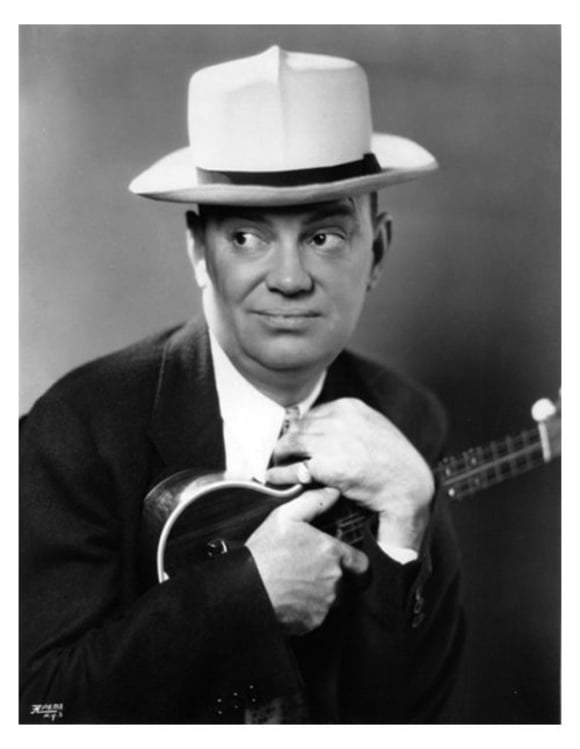2. History
When you think of the ukulele, you think of the sun, the beach, and an all-round happy mood. The reason for this is the instrument's history.
This small instrument has come a long way from its origins in the Portuguese cavaquinho, a traditional plucked instrument in that country. In 1879 the British ship the Ravescraag brought the cavaquinho from Madeira to Hawaii.
The passengers, overjoyed that they had finally reached Honoloulu after weeks and weeks at sea, danced and sang to the strains of the cavaquinho and other related instruments.
The people pf Hawaii were very curious about this small instrument which required such nimble fingerwork, which is most likely also how it got its name, which means jumping or hopping flea.
Some years later, the first ukuleles were built from the wood of the local koa tree.
American soldiers then brought the ukulele to San Francisco, from where its joyful stylings spread throughout the US mainland and finally back across the Atlantic Ocean to England. Such was the interest in this instrument that even major manufacturers such as Martin&Co, Gibson and National made ukuleles. In those years it was mainly used in jazz, swing and skiffle music.
Until the 1960s, the ukulele's popularity was mainly down to its appearance on television and in movies. George Formby, the UK singer, and Marylin Monroe as the ukulele-playing Sugar in the classic screwball comedy some like it hot are just two examples. Famous artists like the Beatles, who enjoyed strumming the ukulele in their free time are another.
Since 1990, the ukulele has been gaining popularity in Germany too, losing its image as a toy on the way. People now recognise it as what it always has been: a proper instrument, but one which beginners find easy to learn and which brings them happiness even in the first practice sessions.
Pluck up your courage and give it a try!
Some names of ukulele grand masters are Roy Smeck, Eddie Kamae, Cliff Edwards, Bill Tapia, Herb Ohta and later "The Ukulele Orchestra of Great Britain", Jake Shimabukuro, Julia Nunes, Stefan Raab, Taimane Gardner and Israel Kamakawiwoole; all of these helped our minuscule instrument gain the popularity it enjoys today.

Your Contacts
Product Highlights
Offers
-
Soprano Ukuleles
-
Concert Ukuleles
-
Tenor Ukuleles
-
Baritone Ukuleles
-
Bass Ukuleles
Recommended categories
Do you like what you're seeing?






